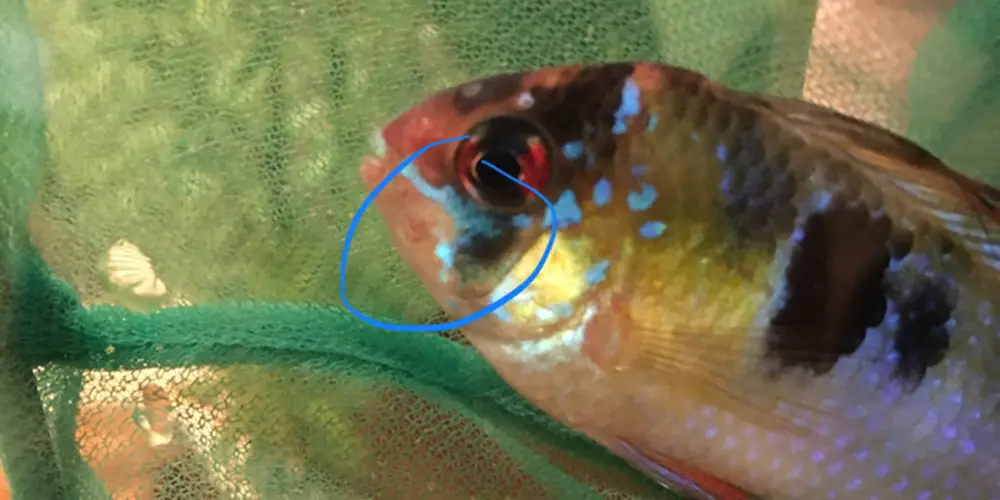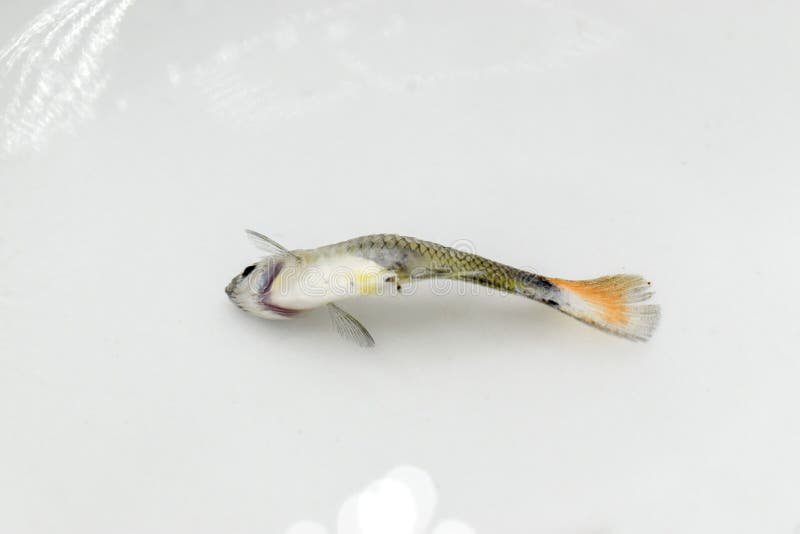Guppy Disease
Guppy disease can be a frustrating and heartbreaking experience for any fish owner. Watching your beloved pets suffer from illness can be distressing and may cause unnecessary stress. In this article, we will discuss the most common types of guppy diseases, how to recognize them, and what you can do to treat and prevent them.
Pain Points of Guppy Disease
One of the primary pain points of guppy disease is the frustration it can cause for fish owners. It can be challenging to recognize the symptoms of illness, and even harder to find the right treatment. Additionally, some guppy diseases can be fatal, causing even more distress for owners.
Target of Guppy Disease
Guppy disease targets the immune system and metabolic processes of the fish. Some of the main causes of guppy disease include poor water quality, overcrowding, and stress. Additionally, diet and genetics can also contribute to the development of guppy disease.
Summary of Main Points
In this article, we have covered the pain points of guppy disease, its target, and some of the main causes. We will now take a closer look into some of the most common types of guppy disease and related keywords.
Hole-in-the-Head disease in Guppies
As a fish owner, I have had personal experience with Hole-in-the-Head disease in my guppies. This condition is typically caused by a poor diet and inadequate water quality. Symptoms include small holes in the fish's head, along with lethargy and loss of appetite. To treat this condition, you should improve water quality, add necessary vitamins and minerals to your fish's diet and add medication in their feed or injected into their bloodstream.

Guppy Bloat Disease
Guppy Bloat Disease is also known as Swim Bladder Disorder. Fish suffering from this condition may have a bloated belly due to an overly compressed swim bladder. They will often struggle with their buoyancy and swim in strange and unusual ways that are not typical of healthy fish. One of the best ways to prevent this from happening is to avoid overfeeding your guppies. Additionally, it is best to avoid feeding them foods that may contribute to bloat such as peas and beans. Adding some aquarium salt to the water and waiting for it to dissolve can be necessary as well before you add it to your fish's tan

Guppy Fin Rot
Guppy Fin Rot, or tail rot, is a bacterial infection that causes the deterioration of the fins and tails of guppies. This condition can lead to lifelong disability and may even be fatal. The primary cause of this condition is poor water quality and stressful environments. Prevention of this condition can be achieved by keeping in mind the water quality parameters for Nitrate Nitrite ammonia pH values, ensuring a healthy diet, and avoiding high levels of stress in the fish.

Swim Bladder Disease in Guppies
In some cases, guppies may develop a swim bladder disorder. This condition is caused by a malfunction or damage to the swim bladder, which is responsible for the buoyancy of the fish. Symptoms include difficulty swimming, floating upside down, and a lack of interest in food. To treat this condition, you should improve water quality, avoid stressful situations, and feed your guppies less, lower fat, and more digestible food. Creating a healthy environment, allowing your fish to feel secure and comfortable can help to speed up the recovery process.

Question and Answer Section
What is the best way to prevent guppy disease?
The best way to prevent guppy disease is to ensure that their environment is healthy. It is important to maintain proper water quality, avoid overcrowding the tank for the fish, and maintain a stable pH level. Having a healthy diet for your fish and relieving the stress are other key factors to prevent disease.
Can guppy disease be treated at home?
Yes. Some common types of guppy disease can be treated from home. For example, treatments to improve water quality, adding salt and other essential vitamins to their diet, adding medication in food or injecting in their bloodstream to cure most of the major diseases.
What should I do if my fish are already showing signs of guppy disease?
If your guppies are already showing signs of disease, it is important to identify the specific issue as soon as possible. You should take appropriate immediate action, such as consulting a fish vet or buying required medication for your Guppies from your nearest pet shops for treatment.
Can guppy disease be deadly?
Yes. Guppy disease can be fatal if left untreated for extended periods. Some diseases may cause lifelong symptoms or death-like Fin and tail rot, Hole-in-the-head disease, Drop-eye disease, Parasites, Bacterial and Viral infections.
Conclusion of Guppy Disease
Guppy disease is a common experience among fish owners, but it can be treated, and prevention is possible. Maintaining proper water quality, a healthy and balanced diet, reducing stress, and tackling any issues promptly are keys to keeping your guppies healthy and happy. Make sure to keep your aquarium well-maintained and always be prepared with the right information and resources to keep your fishy pets in the pink of health.
Gallery
Guppy Fish Died Due To Bent Spine Disease Stock Photo - Image Of

Photo Credit by: bing.com /
Guppy Fish: Types Of Guppy Disease

Photo Credit by: bing.com / guppy disease fish columnaris pond fungus look types bacterial fungal growth does diseases
Guppy Diseases, Parasites & Remedies

Photo Credit by: bing.com / guppy diseases parasites guppies disease fish hole head body parasite protozoan
15 Most Common Guppy Diseases, Parasites, And Treatment | AquariumFish City

Photo Credit by: bing.com / guppy diseases parasites guppies
Pin On Aquarium Snails

Photo Credit by: bing.com / guppy treatment diseases disease
